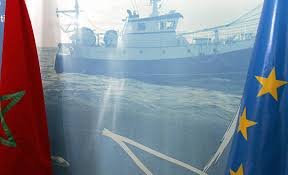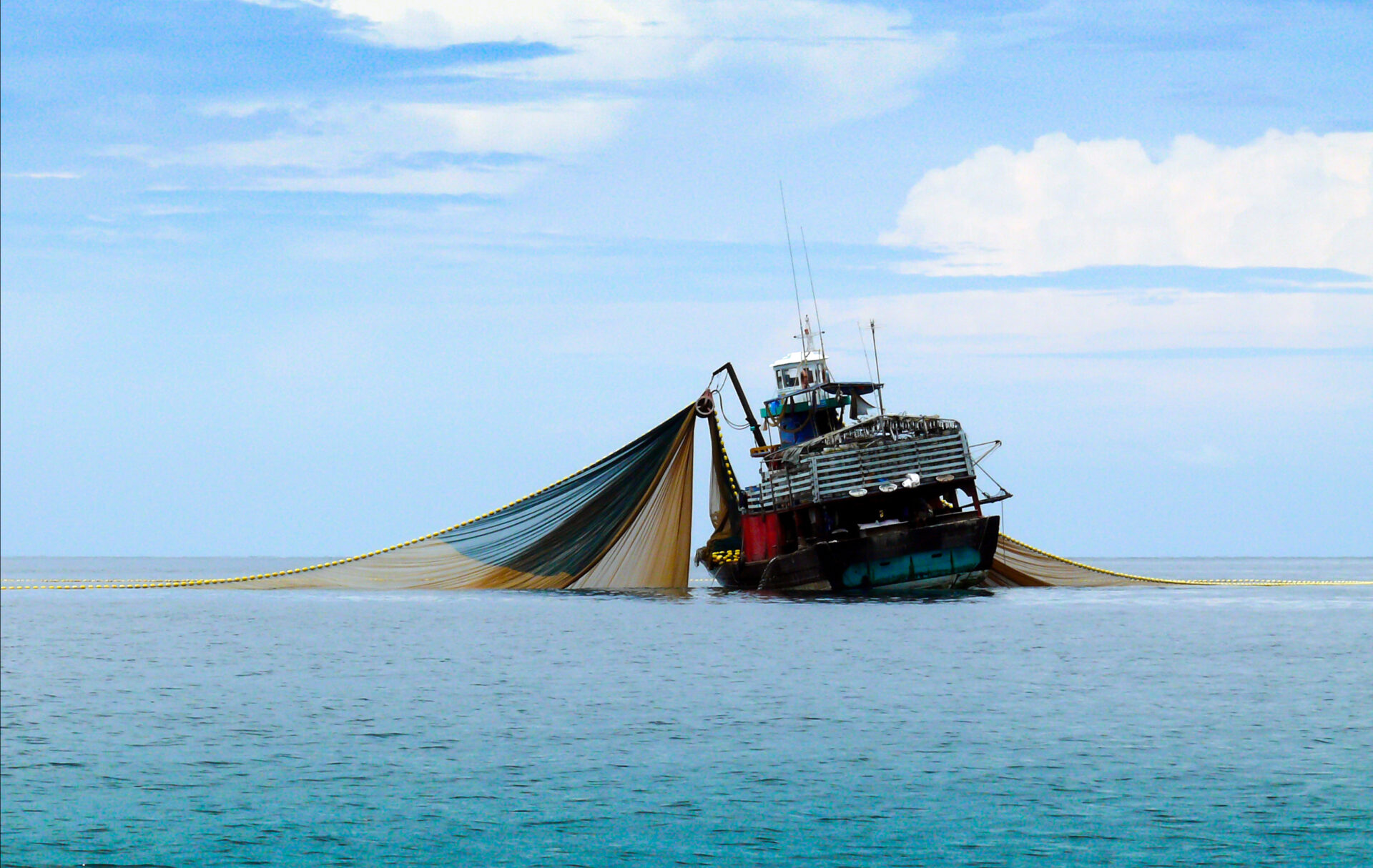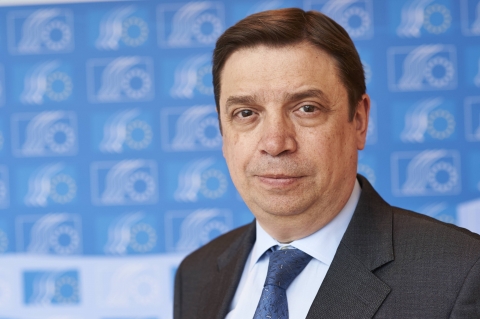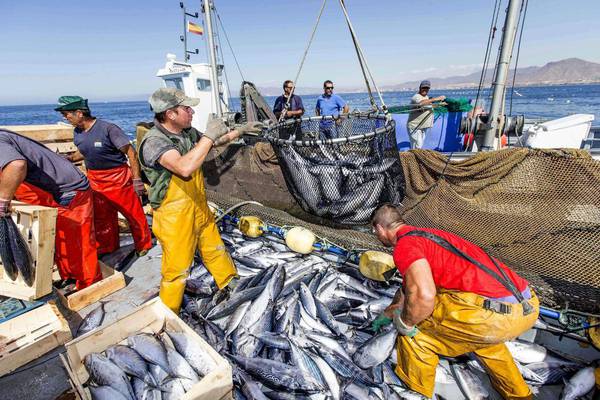Morocco will assess its fisheries deal with the EU and act accordingly, in line with the vision and foreign policy outlined by King Mohammed VI which favors partnerships “with a clearer added value,” foreign minister Nasser Bourita said.
A fisheries protocol between Morocco and the EU expires in July 17 and a Moroccan-EU committee will meet this week in Brussels to assess the deal, Foreign minister Nasser Bourita said at a press conference in Rabat.
“The Moroccan government is examining this protocol,” he said, noting that Morocco wants a partnership that takes into consideration its fisheries plan, Haliutis and scientific and biological factors.
“Morocco would like to see more advanced partnerships, where Moroccan added value is stronger”, said Bourita.
“Morocco will therefore interact with the European side on the basis of this reflection, which is underway,” stressed Bourita, noting that dialogue and cooperation with European partners are ongoing.
Under the deal, Morocco received 208 million euros from the EU over 4 years allowing some 128 vessels, mostly Spanish, to fish in its waters.
The deal, however, was declared null by a European court in 2021 because it included Sahara waters, in a ruling that was appealed by the European commission.
Spain’s agriculture minister Luis Planas called on the EU to “continue to work with Morocco for a renewal of the deal as soon as possible before the current agreement expires.”
Yet, for observers the deal would not be renewed before a verdict of the court following an appeal by the European commission.
The deal has been renewed since 1988. But in 2015, Algerian proxies defending the Polisario have been challenging the commercial and fisheries agreements with Morocco.
Morocco’s King Mohammed VI had said that the country will not engage in any economic step that does not cover all its territories including the Sahara, expressing a firm stand that Rabat will not compromise on its territorial integrity and economic sovereignty.
Moroccan fisheries operators are not supportive of such a deal either. Morocco receives in return for letting 128 EU vessels fish in its waters 208 million euros only, most of it is directed to developing the fisheries sector.
In contrast, it exports 2.5 billion dollars of fisheries products to the EU market.
“I have never supported the idea of a fisheries deal between Morocco and the EU,” said Hassan Sentissi EL Idrissi, head of fisheries industry federation.
He urged Morocco to raise the bar by asking for a higher EU contribution and reducing the number of EU vessels.
Russia, Japan and the UK are also interested parties in fisheries deals with Morocco.
The UK’s justice system has dealt a blow to Algerian proxies, when a British court rejected irrevocably a challenge by pro-polisario Western Sahara Campaign (WSC) to the association agreement with Morocco.
The verdict, which reduced the Polisario to its size as an Algerian puppet that has no right to claim representativeness of the Sahara people, should serve as an example to the European Court of Justice.



